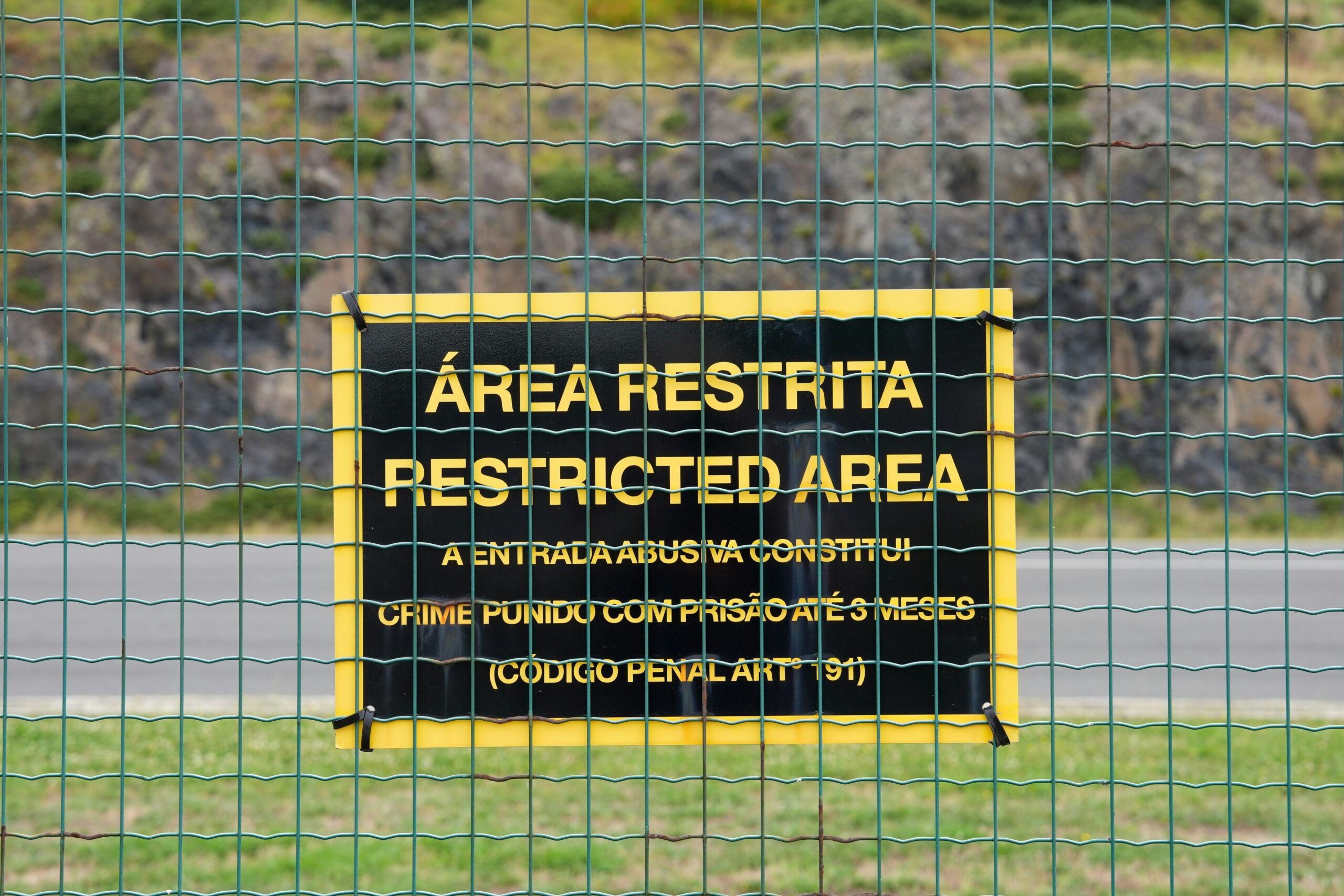Ever wondered why your asbestos insurance rates are through the roof… while your neighbor’s bill is suspiciously low? It’s not just bad luck—it’s the magic (or chaos) of state-specific laws. Each state has its own rules about asbestos claims and coverage, creating a maze that leaves homeowners scratching their heads.
In this post, we’ll demystify how these state-specific variations impact asbestos insurance, how credit cards can play a role in managing costs, and—most importantly—what you need to do to stay financially protected. Buckle up, because this one’s going to be as wild as trying to decipher legalese on three hours of sleep.
Table of Contents
- Key Takeaways
- Why State-Specific Laws Matter for Asbestos Insurance
- Credit Cards vs. Cash: Managing Expenses Wisely
- Tips for Navigating State Regulations
- Real-Life Example: The Case of California vs. Texas
- FAQs About Asbestos Insurance Policies
Key Takeaways
- State-specific laws dramatically affect asbestos insurance premiums, coverage limits, and claim processes.
- Credit cards with rewards programs or low-interest rates can help manage unexpected expenses from asbestos-related repairs.
- Each state may require different types of documentation when filing an asbestos-related claim.
- Understanding your local laws can save thousands of dollars in legal fees later.
- Always consult a lawyer familiar with environmental law in your area before finalizing any insurance agreements.
Why State-Specific Laws Matter for Asbestos Insurance
I once read a Reddit thread where someone proudly thought “everyone pays the same premium rates.” Spoiler alert: they were wrong. So painfully wrong. While federal regulations provide a baseline framework, states have leeway to create their own statutes regarding asbestos cleanup and insurance claims.

For instance, California enforces stricter requirements due to its history of high-profile asbestos cases, while Texas has more lenient guidelines. This means two identical homes—one in San Francisco and another in Dallas—could face vastly different insurance quotes based purely on geography. Sounds fair, right? *Insert sarcasm font here.*
Credit Cards vs. Cash: Managing Expenses Wisely
“Optimist You:” *You should charge all emergency asbestos repairs to your credit card!*
“Grumpy You:” *Ugh, but only if it’s a zero-interest card with no annual fee…*
Seriously though, here’s a breakdown:
- Rewards Programs: Look for cards offering cash back or travel points. A $10,000 repair job could net you significant perks.
- Interest Rates: Avoid financing long-term projects unless your card offers promotional periods—otherwise, interest can eat you alive faster than moldy pizza.
- Payment Plans: Some insurers partner with specific credit card companies to offer flexible payment options.
Pro Tip: NEVER use store-branded cards for these kinds of purchases—they often come with predatory terms worse than trying to cancel Comcast service.
Tips for Navigating State Regulations
Buckle up, buttercup. Here’s what not to do:
TERRIBLE TIP: Thinking “I’ll just Google it” will solve everything. Newsflash: generic advice rarely applies to niche situations like asbestos contamination.
Instead, follow these tips:
- Check your state’s Department of Environmental Quality website for detailed guidance.
- Hire a licensed contractor experienced in asbestos abatement who understands regional codes.
- Document EVERYTHING: photos, receipts, emails—you name it. Future-you will thank present-you during audits.
Real-Life Example: The Case of California vs. Texas
Let me tell you about my buddy Dave. He bought a fixer-upper in Austin, thinking he’d nabbed himself a sweet deal. That was until inspectors found asbestos under layers of vintage wallpaper. In Texas, the total cost—including legal compliance, testing, and removal—came out to $7,500.
Compare that to Sarah in Sacramento, whose similar issue ballooned into a $15,000 nightmare after factoring in California’s stringent regulations. Moral of the story? Location matters—a lot.

FAQs About Asbestos Insurance Policies
Do all states mandate asbestos inspections during home sales?
Nope. Some states, like Florida, make it mandatory, while others leave it optional depending on property age.
Can I switch insurers mid-process if I find better rates elsewhere?
Yes, but good luck getting reimbursed for expenses already submitted under your old policy. Timing is everything!
Is there such a thing as nationwide asbestos insurance?
Unfortunately, no. These policies are almost always tied to individual states’ regulatory frameworks.
Conclusion
Navigating state-specific laws around asbestos insurance isn’t exactly everyone’s idea of fun. But armed with knowledge—and maybe a glass of wine—you can protect both your health and wallet. Remember: understanding your unique jurisdictional quirks might feel overwhelming, but ignorance definitely isn’t bliss in this case.
Like finding an AOL CD stash in 2023, resilience and adaptability are key when dealing with asbestos insurance hurdles. Keep calm, carry on, and don’t forget those Hail Mary credit card benefits!


